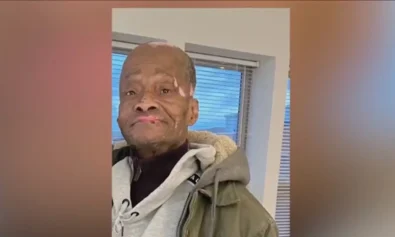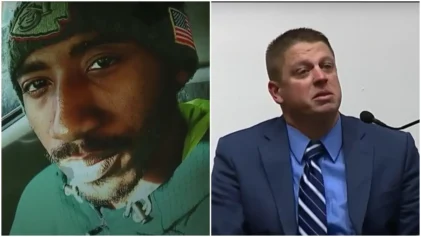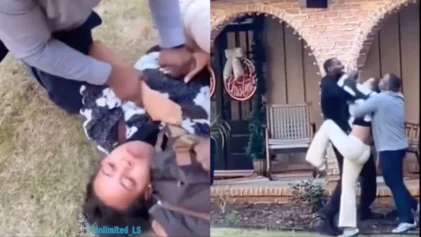About seven years ago, a gynecologist discovered two lumps in Atlanta nonprofit founder Ann-Marie Swatson’s breasts.
She hadn’t really thought about it until the doctor asked, but she had started feeling pain in the areas, she told Atlanta Black Star in a recent phone interview.
So she got a mammogram, an ultrasound and biopsy and received news that she didn’t have cancer.
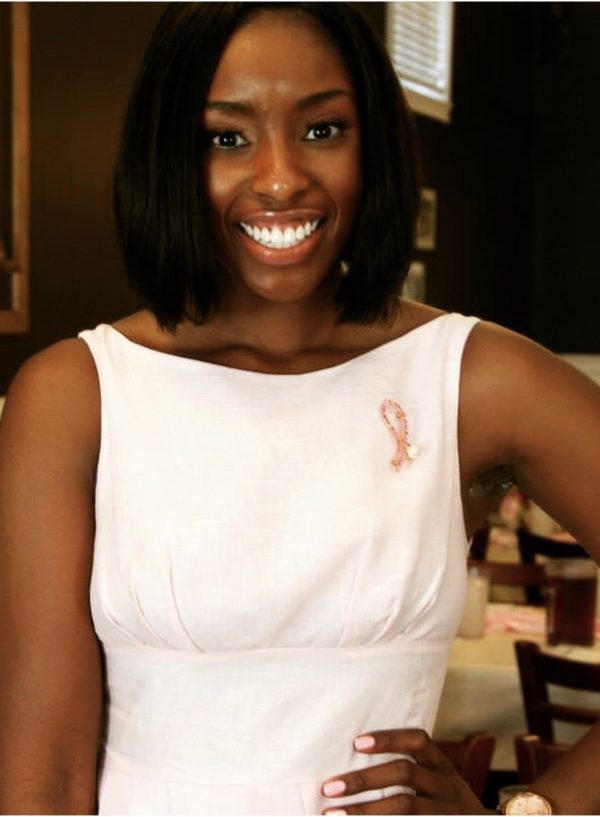
Only that did little to ease her worry. The pain got worse, and that same year her aunt was diagnosed with breast cancer, Swatson said.
She was 23 years old at the time.
“I felt so alone when I was trying to explain how I felt,” she said.
Two years later, the long-time volunteer started the Painted Pink organization with an inaugural brunch to ensure that no Black millennial woman coming face-to-face with a breast cancer diagnosis would have to feel how she felt — alone.
She booked a room in Atlanta’s Mary Mac’s Tea Room and funded the event for about 60 women.
Since then, Swatson has turned the brunch into a nonprofit helping more than 300 cancer survivors, all of whom are young Black women.
“When it comes to our young survivors, we create a safe space for them to be able to have sisters that look like them that have gone through what they’ve gone through,” Swatson said.
Her organization is planning its sixth annual Painted Pink brunch for 2 to 5 p.m. Oct. 20 in Piedmont Park Conservatory’s Greystone event space.
The event is a fundraiser for Painted Pink and has already helped the organization rake in about $60,000.
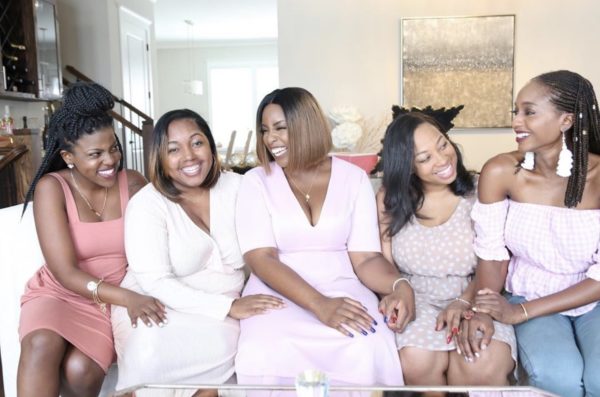
Swatson said the money is much-needed funding to support the organization’s work, which the 31-year-old found described as essential.
“In Georgia, women over the age of 60 have the highest incidence rates of breast cancer; however, black women have higher incidence rates than white women at younger ages,” she said, citing a state cancer report. “In all age groups, black women have higher mortality rates than white women with breast cancer.”
Swatson’s insurer wouldn’t cover her surgery to remove lumps in her breasts, even with her aunt’s diagnosis, so her parents found a way to pay for it.
Not everyone has that option. The nonprofit founder encouraged women to advocate for themselves with doctors and insurers.
“You know yourself,” she said. “You are the best doctor for yourself.”
“Don’t let finances stop you from finding out what’s really going on,” she added.
She said in the larger community of breast cancer survivors and support programs, there aren’t many offerings tailored specifically to Black millennial women.
Oftentimes, she said they find themselves sitting in a room of white women 50 years old and older telling them, “Aw, baby girl, don’t worry about it. Your hair will grow back.”
Those women don’t understand Black hair or culture, Swatson said.
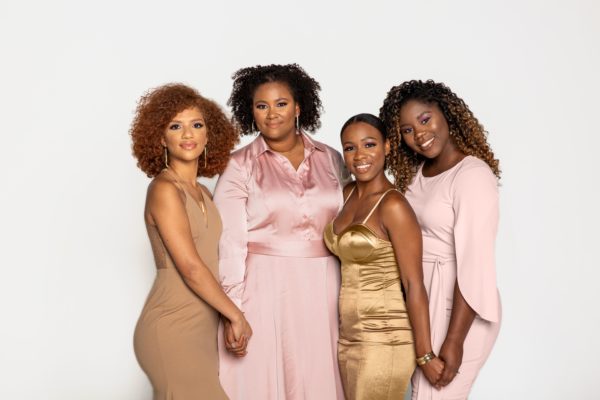
Black women with cancer still want to feel connected to their culture. They want to eat soul food, use natural products and keep their hair healthy, she said.
“How can you preserve who you are as a Black woman and still live a clean life?” Swatson asked.
She said her organization strives to help women answer that question.
One way the nonprofit has done that is by gifting cancer survivors with more than 200 Care Kits through partnerships with Emory, Grady and Piedmont hospitals as well as Breast Body and Beauty Plastic & Reconstructive Surgery.
The kits cost about $80 each and include premium, clean beauty items to help comfort cancer survivors, Swatson said.
The kits include vegan nail polish because chemotherapy can cause the nails to turn black. It has special-made port pillows to help ease pain in the area where chemo is injected.
“Anyone can get breast cancer,” Swatson said.
“We have to find ways to appeal to their daily lifestyles,” she said.
Another way Painted Pink achieves that is through its ShowerHer campaign.
It was inspired by a 30-year-old woman with stage 4 breast cancer during her second trimester of pregnancy, Swatson said.
“Through this campaign, we host a baby shower for expectant mothers battling breast cancer with items for their bundle of joy,” she said.
The organization uses gently used items and purchases top wish-list items for the expectant mothers.
“No mother should be concerned with the provision of bringing a new life into the world while fighting for her own life,” Swatson said.
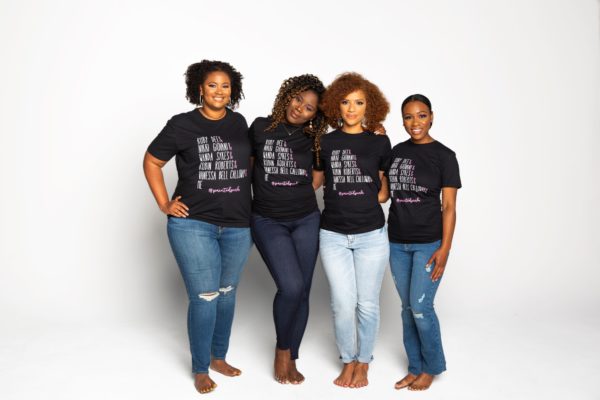
She also encouraged women to be proactive about learning their genetic histories and reaching out to genetic counselors (the Centers for Disease Control and Prevention describes genetic counseling as obtaining information from health professionals about how genetic conditions might affect a patient or her family). The counseling is free, Swatson said.
“We’ve got to talk about our stories,” she said. “Our grandparents have passed away and we don’t even know what they’ve had.”
Swatson said she hopes to change that.
“Our vision is to have a world where every millennial will know their genetic history, advocate for themselves and feel financially supported if affected,” she said.
